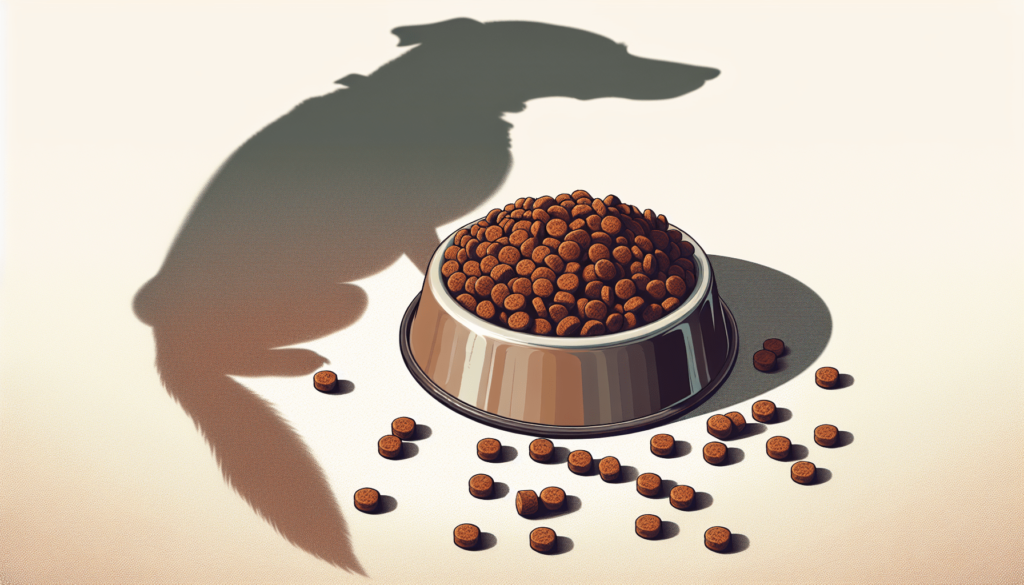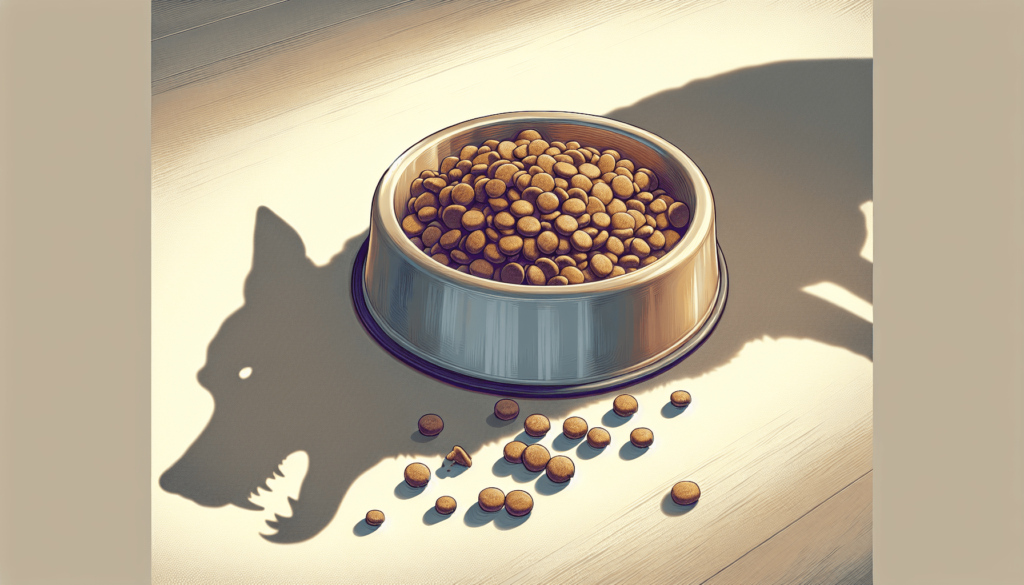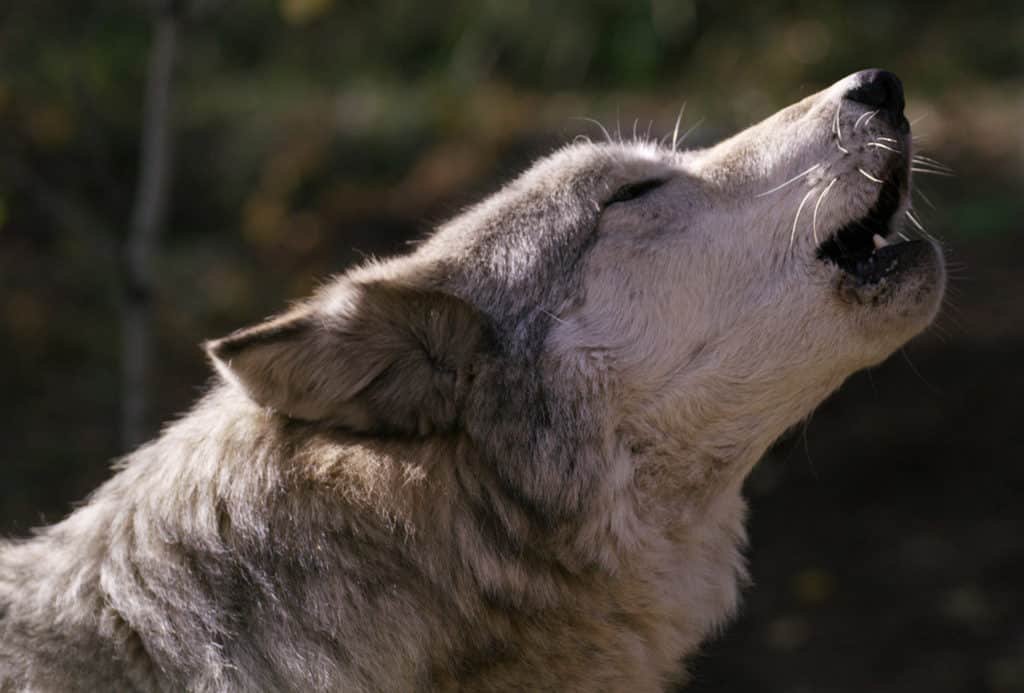Have you ever wondered if your dog is getting the right mix of nutrients to keep them happy and healthy? As a devoted pet parent, I know how crucial it is that our furry friends thrive, and their nutrition is at the heart of their well-being. Identifying the signs of poor nutrition in dogs early can save them from a multitude of health issues. Let’s embark on a journey to understand these signs and what they mean for our beloved companions.

What Constitutes Good Nutrition for Dogs?
Providing good nutrition involves much more than merely filling a bowl with dog food. A balanced diet caters specifically to the needs of your dog by factoring in age, size, breed, and health status. Good nutrition generally consists of a balanced blend of proteins, carbohydrates, fats, vitamins, minerals, and water. Each component plays a vital role in keeping dogs energized, supporting tissue repair, and enhancing their immune systems.
Macronutrients in Canine Diets
Proteins, carbohydrates, and fats form the essential building blocks of your dog’s diet. Proteins support growth and repair tissue, carbohydrates offer energy, and fats enhance the absorption of vitamins and provide essential fatty acids. Without a balanced intake of these nutrients, dogs may experience a range of health problems, from lethargy to poor coat quality.
Micronutrients: The Silent Helpers
While only needed in small amounts, vitamins and minerals are indispensable. They contribute to everything from bone health to proper nervous system functioning. Deficiencies can lead to specific health issues such as bone deformities or compromised immune responses. Ensuring your dog receives these micronutrients is key to preventing signs of malnutrition.
Recognizing Signs of Poor Nutrition in Dogs
Identifying the symptoms of poor nutrition in dogs can sometimes be tricky. Dogs, much like humans, can exhibit non-specific symptoms that are easily overlooked. However, certain signs should raise red flags.
Unexplained Weight Changes
Sudden weight loss or gain is often the most apparent sign that something is amiss. If your dog is losing weight, they may not be getting enough calories, or if gaining, their diet might be too rich in carbs or fats. Regularly weighing your dog and observing their body condition can help detect these changes early.
Dull Coat and Skin Issues
A shiny coat is often a true reflection of good health. When a dog’s coat becomes dull and their skin flaky, it might be indicative of lacking essential fatty acids or vitamins. Natural oils formed by fatty acids are crucial for a glossy coat and skin health.
Digestive Distress
Frequent vomiting or diarrhea can suggest that your dog’s diet isn’t agreeing with them. These could result from an imbalance in nutrition or food intolerances. Consistent gastrointestinal issues warrant a vet visit to explore underlying causes.
Lethargy and Depression
A dog suffering from poor nutrition might appear unusually tired or depressed. Energy levels are closely tied to diet quality and nutrient balance. When nutrient deficiencies are present, even the most energetic pup can turn lethargic.
Poor Dental Health
Bad breath, swollen gums, or discolored teeth can also be signs of inadequate nutrition. Over time, improper diet can lead to the buildup of plaque and tartar, contributing to dental disease. Regular dental check-ups and a balanced diet can help maintain good oral health.

Long-term Effects of Poor Nutrition
When nutritional deficits are not addressed timely, they can lead to long-term health issues. Malnutrition can weaken a dog’s immune system, making them more susceptible to infections. Bone diseases, like rickets, can develop in puppies due to insufficient vitamin D and calcium. Additionally, poor nutrition can drastically affect a dog’s lifespan and quality of life, reiterating the importance of a balanced diet.
How to Ensure Your Dog is Well-Nourished
Understanding the vital components of a balanced diet is the first step. Providing a diet tailored to your dog’s life stage and specific health requirements involves deliberate choices.
Choosing the Right Dog Food
Dog foods come in various forms: dry kibble, canned, semi-moist, and even homemade selections. Selecting a diet certified by recognized standards (like AAFCO in the US) ensures they meet nutritional needs. Consulting your veterinarian can also offer insights into the best diet plan for your dog.
Supplementing When Necessary
While a balanced diet should cover most nutritional requirements, there are occasions when supplements might be necessary. For instance, omega-3 fatty acids could benefit dogs with joint issues or skin conditions. Always check with a vet before administering supplements.
Regular Health Check-Ups
Routine veterinary visits can identify nutritional issues before they escalate into serious problems. Regular check-ups monitor weight, dental health, and overall condition, making sure your dog stays on a healthy track.
Tables for Quick Reference
Signs of Poor Nutrition
| Sign | Possible Deficiency |
|---|---|
| Weight loss or gain | Caloric imbalance |
| Dull coat and skin | Lack of essential fatty acids, vitamins |
| Digestive issues | Possible food intolerance, nutritional imbalance |
| Lethargy | General nutrient deficiency |
| Dental problems | Inadequate oral nutrition |
Essential Nutrients and Their Sources
| Nutrient | Function | Sources |
|---|---|---|
| Protein | Muscle growth and repair | Meat, eggs, fish |
| Carbohydrates | Energy provision | Grains, vegetables |
| Fats | Vitamin absorption, energy | Fish oil, chicken fat |
| Vitamins | Various body functions | Fruits, vegetables |
| Minerals | Bone health, nerve function | Meat, bones, some vegetables |
FAQs About Poor Nutrition in Dogs
How often should I change my dog’s diet?
It is not always necessary to change your dog’s diet frequently. However, lifecycle changes (puppy, adult, senior) and health issues may require dietary adjustments. Always consult with a vet before making significant changes.
Can I tell if my dog is an ideal weight by looking?
While visual checks can help, they are not always reliable. It’s better to refer to your veterinarian or use standard sizing charts or guides for specific breeds.
Should I exclusively feed my dog a raw diet?
Raw diets can be beneficial but require careful planning to ensure they meet all nutritional needs. Consult with a veterinarian or a pet nutritionist before switching to a raw diet.
Understanding the signs of poor nutrition in dogs can help you take proactive steps to guard the happiness and health of your pet. By providing balanced meals and paying attention to their body language and health changes, you equip yourself and your dog for a joyful, healthy life together.



